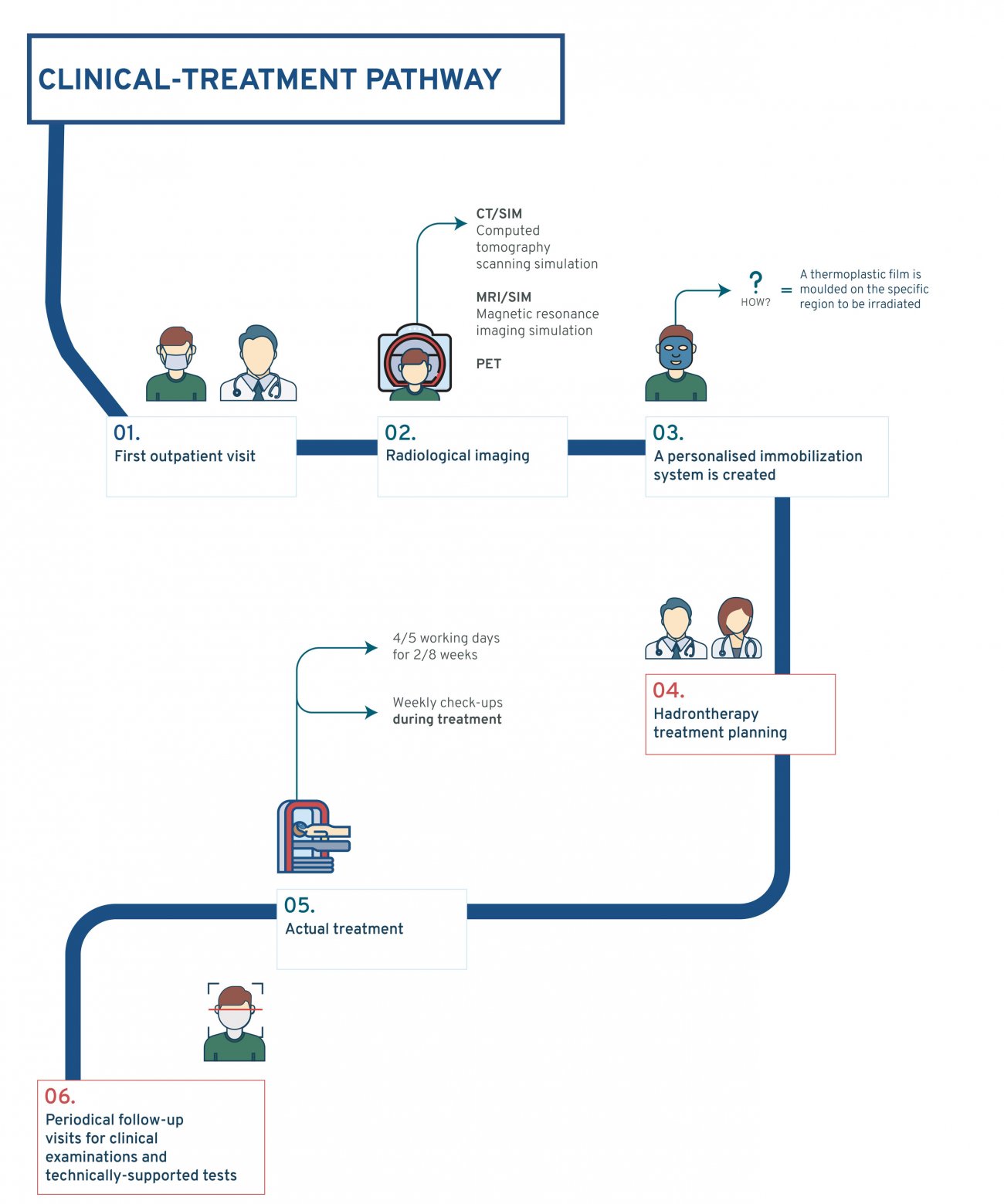Clinical pathway
Treatment

Clinical pathway

On this site we use technical cookies to make it work well, and profiling and statistical cookies that we need to personalize content and / or provide social media features, as well as to analyze traffic (which are now not active). If you agree to receive all cookies, click on 'I accept all cookies', otherwise click on the 'Configure cookies' button and make your selection (the details of the cookies can be seen by clicking on 'Show details').
Manage your cookies
Technical cookies help make a website usable by enabling basic functions such as page navigation and access to protected areas of the site. The website cannot function properly without these cookies.
Technical cookies
Technical cookies help make a website usable by enabling basic functions such as page navigation and access to protected areas of the site. The website cannot function properly without these cookies.
|
Cookie preferences (hasConsent, DateProfiling, DateStatistics) The cookie allows the website to remember the cookie preferences set by the user and therefore provide only accepted cookies. |
|
Session management (PHPSESSID, SSID_) They are identifiers of the browsing session. They can be used to recognize the user and maintain the logged in status when visiting new pages. |
|
User registration (Users, Ecommerce) They allow the site to recognize the user if the site has user registration functions (e.g. restricted areas, e-commerce). |
Statistical cookies
Statistical cookies help website owners understand how visitors interact with sites by collecting and reporting information anonymously.
|
Google Analytics (__utma, __utmt, __utmb, __utmc, __utmz, __utmv) As a user navigates between web pages, you can use the analytics.js tagging library to record information about the page the user has seen (for example, the page's URL) in Google Analytics. The analytics.js tagging library uses HTTP Cookies to remember the user's previous interactions with the web pages. |
Profiling cookies
Profiling cookies are used to track visitors on websites. The intention is to display ads that are relevant and engaging for the individual user and therefore of greater value for third-party publishers and advertisers.
|
Google Remarketing (__utma, __utmt, __utmb, __utmc, __utmz, __utmv) The Google Remarketing scripts allow the site managers to welcome users who have already visited the website with the most suitable message for them. |




